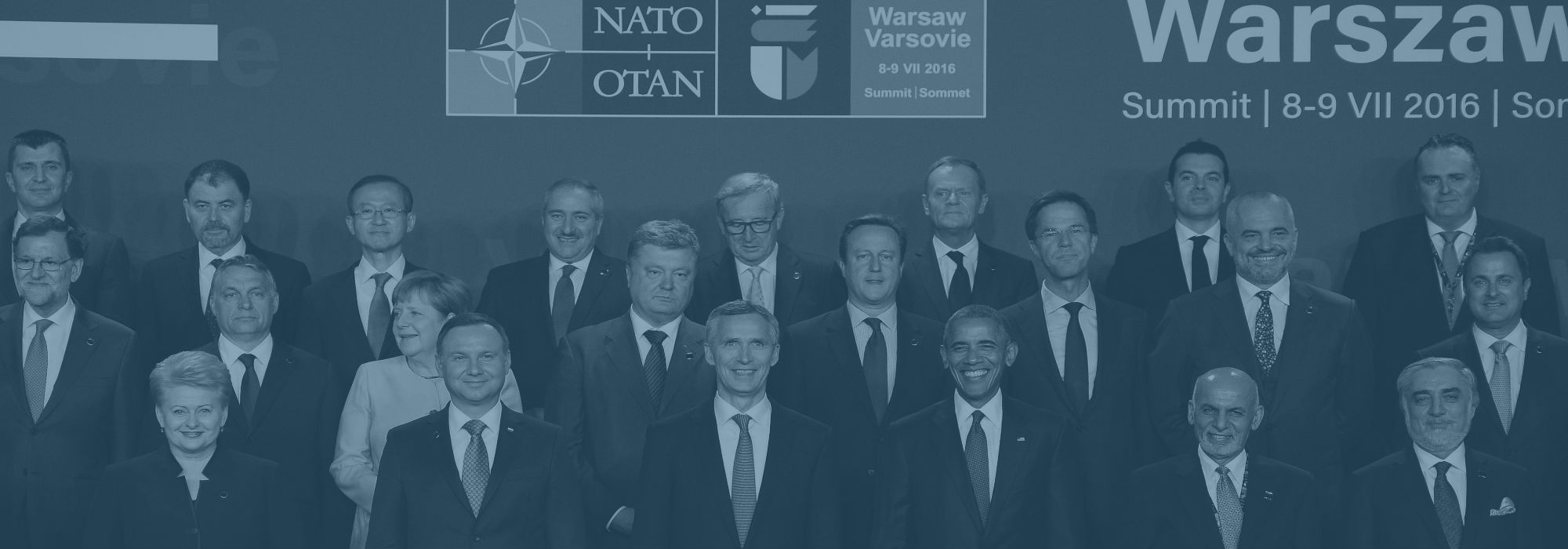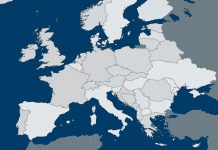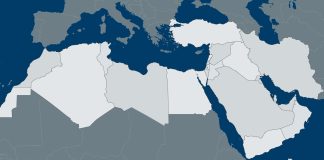By Kamran Bokhari
The effect of the European Union’s meltdown on NATO is a critical issue. Already in search of relevance for over a generation, NATO has been rendered all the more incoherent given that European nations are increasingly disillusioned with the EU. With the Continent facing the aftermath of Brexit and a banking crisis that has spread from Italy to Germany, having major European powers actively involved in NATO is becoming even less likely. And a NATO with decreasing input from European states is good news for Russia.
The 2016 NATO summit in Warsaw took place at a time when Europe is in growing disarray. It was only a couple of weeks ago that Britain voted in favor of leaving the EU. While it is trying to manage the fallout from Brexit, the EU is facing major challenges from the Italian banking crisis, which has spread to the financial institutions of Germany, the EU’s economic powerhouse. We recently published a Deep Dive on how NATO has been slowly unraveling – a process that is likely to gain momentum given that the political architecture of Europe is devolving back to the way it was in the days when NATO was founded.
The lack of a clear mission has plagued NATO since the 1991 collapse of the Soviet Union. Since then, NATO’s European member states have been less and less inclined to bear the costs of collective security. Considering Europe’s current massive financial constraints, there is even less incentive to do so. Well before the EU crisis reached its current alarming level, Germany, the mainstay of the EU, was trying to balance between Russia and the West, and this added to the dissonance within the Western camp over how to deal with Russia. But now that the Germans are not only facing an exporters’ crisis but also an impending bank crisis, NATO’s security interests are even less of a priority.
There are indeed reports that Germany is trying to increase defense spending and its security role in Europe. However, Berlin’s growing financial strain is likely to prevent the Germans from realizing this objective. Another way to look at this is that if the Germans and the other founding EU members have conceded that the EU’s role will be more limited, they are less likely to worry about the fate of NATO.
The disagreements among the Europeans over how to deal with the financial crisis will exacerbate the discord over NATO between EU member states and between the EU and the U.S. Germany’s unwillingness to help bail out financially distressed southern European countries parallels the attitude of Europe’s major players toward providing for the security of European states along the Russian periphery.
Despite being given some assurances, including troops stationed in Eastern Europe and the provision of military hardware, these countries have to be worried about their security if a major subset of NATO (the EU) becomes dysfunctional. They have been counting on NATO expanding eastward for their national security imperatives. U.S. President Barack Obama gave assurances at the 2016 NATO summit that the Europeans can continue to rely on the United States for their security needs. However, they also know that Washington’s military doctrine after its involvement in the wars in the Middle East relies on regional players to take the lead.
In the case of Europe, the main regional players are moving in different directions, which has led the Eastern Europeans to reassess how much they can really count on NATO. Fortunately for them, the Russians are dealing with their own crisis because of the plunge in energy prices and the Ukraine-related sanctions. Therefore, the Kremlin is in no position to make further incursions into Eastern Europe. However, the floundering of the EU and NATO heavily increases uncertainty in Eastern Europe.
From the Russian point of view, the EU’s disintegration is definitely positive. We continue to see the usual Russian media reports about NATO engaging in hostile behavior following the Warsaw summit. But the Russians know that as long as the Europeans are in crisis, they will be too busy dealing with their own problems to really put up a fight against Russia. Russia is unlikely to be able to reverse the losses it has incurred in Ukraine for now. But at the same time, a Europe in crisis places arrestors in the path of NATO expansion.







 Special Collection – The Middle East
Special Collection – The Middle East